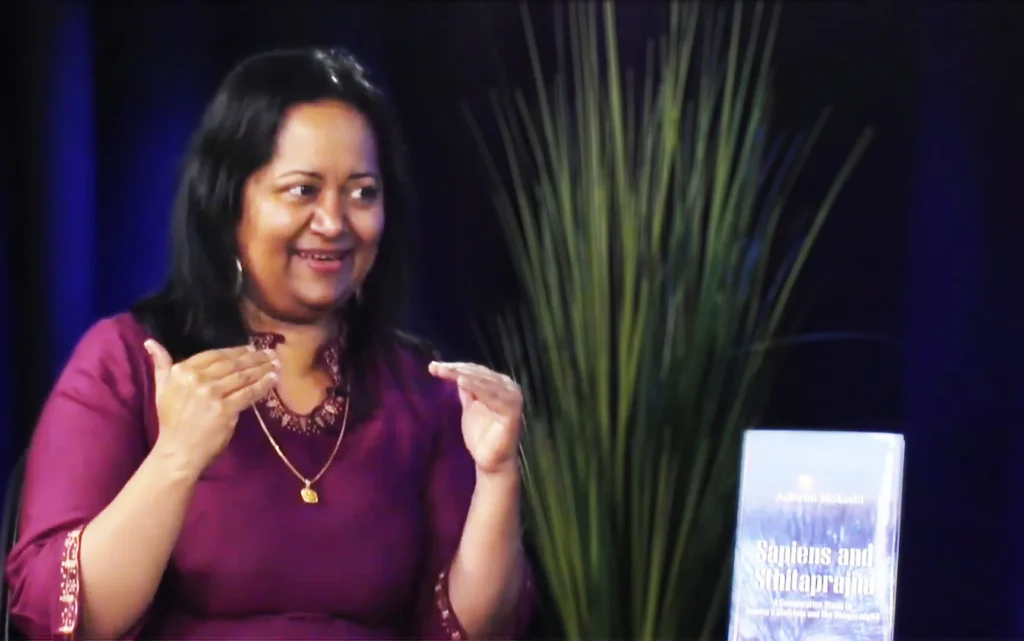Week 7, Thursday 12 June, 2.00-3.00, OCHS Library
This paper examines R.D. Ranade’s contributions to mysticism through a comparative philosophical lens, focusing on his synthesis of Indian and Western philosophical traditions. Ranade, a prominent Indian philosopher, described mysticism as an intuitive, direct apprehension of the divine, grounded in meditation, devotion, and ethical living. Ranade’s philosophy also emphasizes the importance of ethical conduct, including selflessness and detachment, as essential preparation for mystical experience. By integrating these insights, the paper highlights Ranade’s unique, rational mysticism and its universal relevance across cultures and philosophical traditions.
Ashwini Mokashi is a lecturer in Hindi and a tutor in Marathi at the Faculty of Asian and Middle Eastern Studies, Oxford University. She is a Fellow at the Oxford Centre for Hindu Studies and a Member of Wolfson College, Oxford. Her academic focus is on Comparative Philosophy, exploring the intersections between Ancient Indian and Classical Greek thought. Among her publications is Sapiens and Sthitaprajna (2019), which examines the parallels between Seneca’s Stoicism and the Bhagavad-Gita. She has also translated the book in Hindi ‘Sapiens aur Sthitaprajna (2024).




